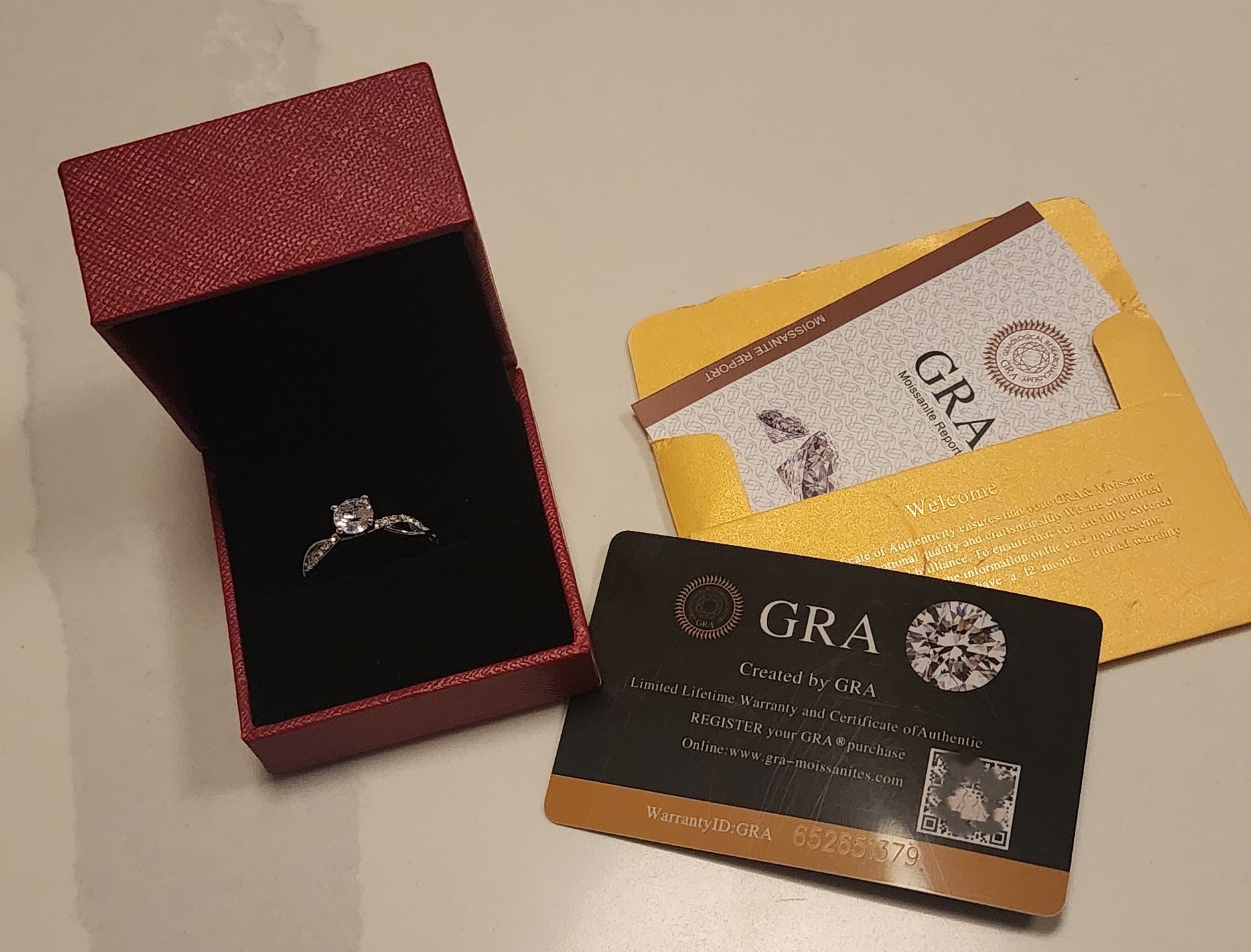The man who shot and killed San Diego Police Officer Archie Buggs "execution-style" has been granted parole, according to the San Diego District Attorney's office.
On Friday, the state Parole Board decided Jesus Cecena should be released after 36 years behind bar for Buggs' slaying.
In 1978, Cecena was pulled over by Buggs, 30, for a traffic stop in Skyline. Cecena pulled out a gun and shot the 4-year SDPD veteran to death.

Cecena was originally sentenced to life in prison without the possibility of parole in 1979, but in 1982, the sentencing law regarding minors changed. Cecena's sentence was amended to life with the chance of parole because, though he was a known gang member, he was 17 at the time of the shooting, District Attorney Bonnie Dumanis said.
Deputy DA Richard Sachs, who argued in front of the Parole Board to keep Cecena in prison, said the law doesn't apply to juveniles who kill police officers.
"Especially not people who, once the officer was down and dying, walked up to him and fired a bullet into his head to make sure he is dead," said Sachs. "That's not what the law was designed to protect with respect to juveniles."
Local
Since his sentence changed, Cecena was denied parole more than a dozen times.
But last year, a two-member panel from the Parole Board sent a letter to the governor's office, recommending Cecena be released. They said he was eligible for Youth Offender parole under the state's law.
Local law enforcement was immediately outraged and began their fight to keep Cecena in prison.
"This individual has never accepted responsibility for his actions, and the fact that he was 17 years of age when he did this doesn't change the fact," said SDPD Chief Shelley Zimmerman Friday.
Gov. Jerry Brown later overturned the panel's 2014 recommendation.
On Friday, the board again granted Cecena suitability status, which is subject to a 120-day decision review period. He will remain in prison during that time.
Dumanis, Sachs, and Buggs' former partner Jesse Navarro — in whose arms Buggs died — traveled to the parole hearing in Fresno Friday to speak against Cecena's release.
Navarro told NBC 7 he is upset about the decision.
"It was very hard to see [Cecena] but also very hard to see some of the photos that brought back memories of my good friend laying on the street, dying on the street," he said.
Now that it has been granted, Dumanis said, "we will be making a bee-line for the governor's office to make sure that doesn't happen."
The governor has 30 days to reverse, uphold or make no action on the Parole Board's decision.



